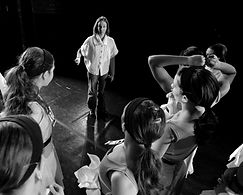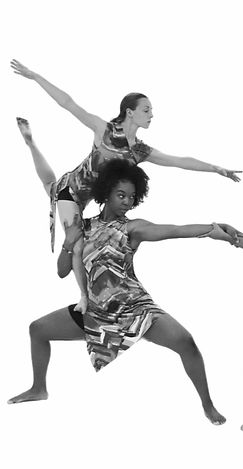
diversity. equity. inclusion.
My family arrived in America in 1640. Family history has been passed down generation to generation through oral history, publications, legal documents, photographs and artifacts. My family includes stories of immigration, servitude, interracial and intercultural and inter-ethnic marriage, disability, survival, military service, governmental office, religious diversity, adoption, cultural traditions, diverse economic standing, service toward others in need, business owners, education from a GED to Ph.D’s, housing in rural, city, inner-city, and suburban.
Influenced by my upbringing, I am an upstander; taking action for human rights and injustice since middle school by public speaking, creative work, and voting. In artistic and educational settings, I am committed to fostering an equitable and inclusive environment. Diversity is as an important reflection of my family and our culture, both historically and present, and a priority in education.
I am part of my family’s diverse make-up: an educator and artist living with a disability. At times I’ve been asked to speak as an expert on diverse abilities, but I only presume to be and expert on my own experience; I do not assume on my own experience and do not presume to be an expert on the experiences of others like and unlike me.
Artistic Example:
The Dancing Word is series of spoken-word + dance art projects reflecting the diversity of artists I invited to be a part of the performances. The intergenerational cast is a reflection of the Kansas City Metropolitan area; artists ages 10-70+, with diverse countries of origin, ethnicities, races, second generation immigrants, family structures (single to married with children), economic upbringings (poverty to middle-class), body shapes, geographic regions (rual, suburban and urban), education (middle school through advanced college degree) , faiths/non-faiths, and identities.


Land acknowledgment statement: I respectfully acknowledge the rehearsal and performance space was on the traditional land of the Kanza people.
